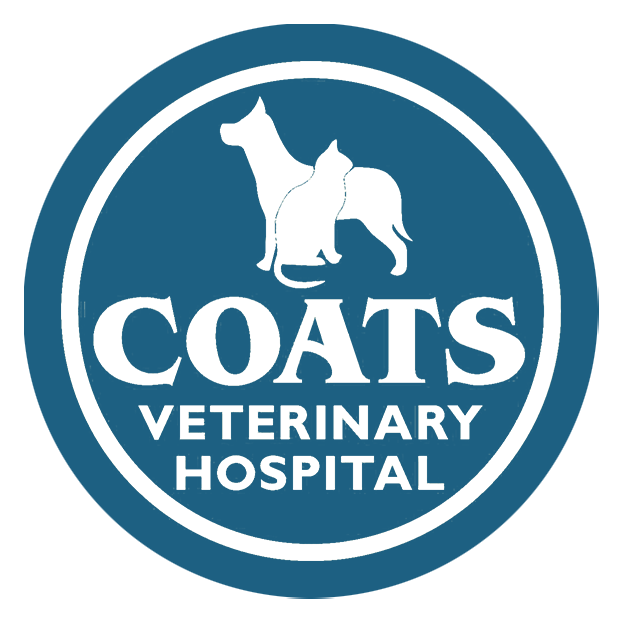Library
-
Secondhand smoke is not just detrimental to people but also our pets. Pets may be even more sensitive, due to their enhanced smell and different anatomy and physiology. Cancer risks are significantly higher in pets exposed to secondhand smoke.
-
Complete and accurate medical records are like a medical diary for your pet. The ability to review your pet’s medical history before the first appointment will allow your new veterinarian to provide exceptional care that is tailored and timely. You can request that your previous veterinary clinic send your pet's records to your new veterinarian.
-
Tobramycin ophthalmic is an antimicrobial medication used to treat eye infections in cats, dogs, and exotic companion animals. Tobramycin ophthalmic comes in ointment and liquid drop suspension form. Caution when using this medication in pets with kidney disease and/or glaucoma. Do not confuse this medication with combination products containing tobramycin and a steroid.
-
Ursodiol is given by mouth and is used off label to treat gallbladder and biliary liver diseases. Give as directed by your veterinarian. Side effects are uncommon, but may include diarrhea and mild discomfort. Do not use in pets that are allergic to it or other bile acid products, or in rabbits, guinea pigs, or rodents. If a negative reaction occurs, please call your veterinary office.
-
Homeopathy is a distinct philosophy of medicine that has its roots in eighteenth-century Germany, and subsequently spread to Europe, India, Australia, South America, the United States, and Canada. The underlying basis of homeopathy is the principle that "like cures like": the idea that a substance given at a toxic dose can produce a certain set of symptoms, but given in much lower doses, it can cure the same set of symptoms, regardless of their perceived cause. As veterinary homeopathy gains acceptance, there are an increasing number of veterinarians in private practice who possess the necessary training and experience.
-
Combining alternative medical therapies, either with other alternative therapies or with more conventional treatments, may improve a patient's health or speed the healing of disease. However, combined incorrectly, these same therapies have the potential to interfere with healing or cause serious health consequences. Veterinary practitioners trained in acupuncture, herbal therapy, and homeopathy are the best sources of information on what conventional and alternative treatments will combine well and which ones should not be used together.
-
Vitamin B complex injectable is a solution containing multiple forms of Vitamin B, which are used together to prevent or treat Vitamin B deficiencies. These vitamins promote good overall health for your pet and regulate certain processes in the body. Vitamin B complex injectable comes as a solution for injection either under the skin or into the muscle.
-
Compounded medications are not approved by federal authorities. They are medications that have been altered to provide more accurate dosing or easier administration. They have not been tested for safety, stability, potency, or efficacy.
-
Running a veterinary clinic has a lot of overhead and behind the scenes cost that many pet owners aren't aware of. Human healthcare is far more expensive and less efficient than you realize. Plan ahead and take preventive steps to help reduce treating costly problems.

